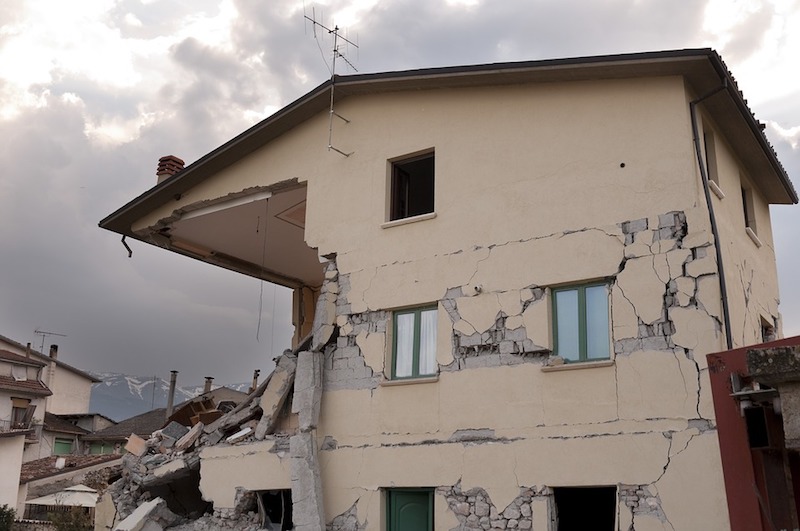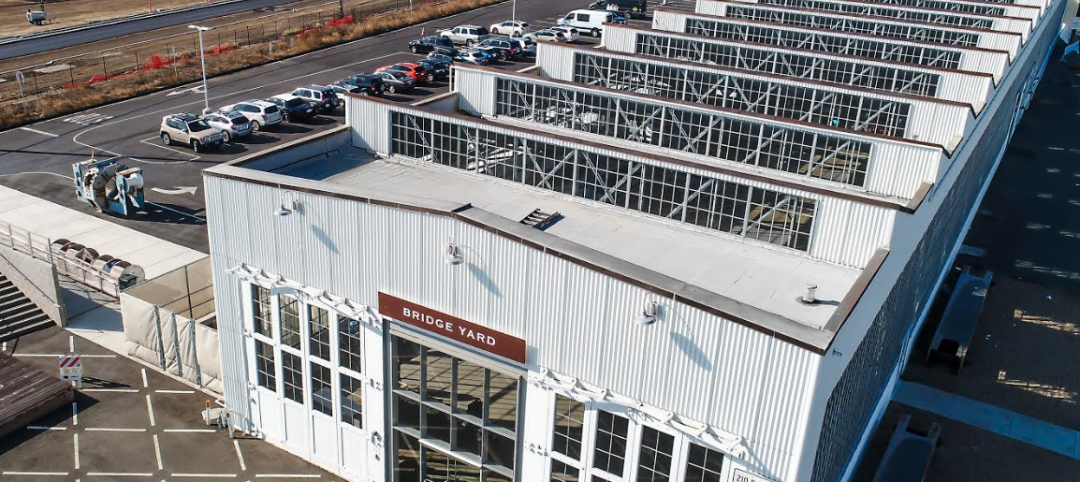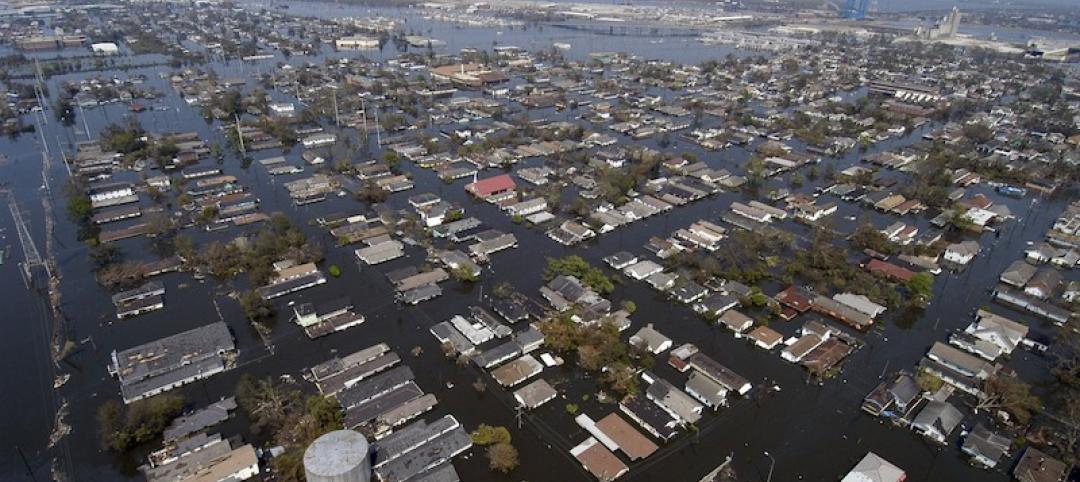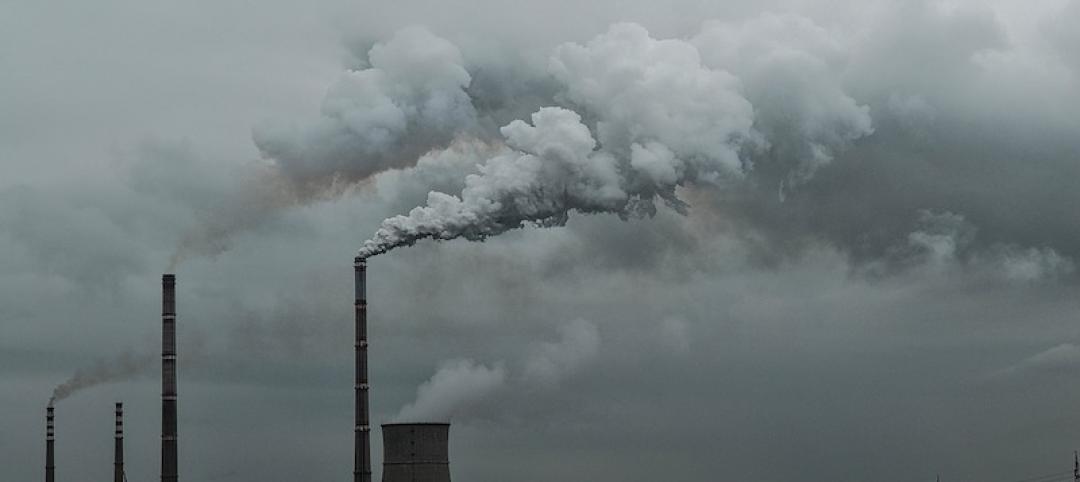The United States Resiliency Council through its support behind California’s AB 2681, a bill now in the appropriations committee that would assist cities in identifying the most seismically vulnerable structures.
The bill would provide funding and tools for cities to identify dangers to their communities and infrastructure. According to the council, the benefits of the bill include:
— Protection for affordable housing: Many vulnerable buildings are older structures that make up much of the state’s more affordable housing stock.
— Shielding communities from chaos: Projected loss of housing would leave hundreds of thousands of people homeless and in desperate need of refuge.
— Informing the public about personal risks: People have a right to make decisions about the buildings in which they live and work based on the best available information. Identifying and evaluating potentially vulnerable buildings is the first step toward engaging stakeholders about the importance of creating more resilient cities.
— Promoting social justice: Most of those impacted by a major quake will be lower-income residents whose lives and livelihoods will be disproportionately impacted due to their economic and social status.
— Protecting public health: Many older buildings contain asbestos and lead, which, when released into the air and groundwater from crumbled rubble will pose a public health problem of potentially overwhelming impacts.
Related Stories
Codes and Standards | Jan 2, 2019
Study compares labor hours for various low-slope roofing options
Type of roof covering, project parameters, tool management, and crew efficiency all impact profitability.
Codes and Standards | Dec 20, 2018
New York’s ‘Scaffold Law’ under fire for driving up project costs
Lawmakers under pressure to reform law that makes contractors 100% liable for work-site injuries.
Codes and Standards | Dec 19, 2018
Guidance for water utilities on indoor recycled water use released
Provides recommended ranges on 13 different parameters of water quality.
Codes and Standards | Dec 18, 2018
Development in Africa, Asia, and uptake in air conditioning will require more efficient buildings
Dramatic action will be needed for global building sector to cut carbon in line with international agreements.
Codes and Standards | Dec 14, 2018
Emissions for buildings and construction have peaked, UN says
Greener buildings have led to leveling off of GHGs.
Codes and Standards | Dec 13, 2018
Urban flooding causing economic loss, social disruption, and housing inequality
Extensive suburban development, aging and poorly maintained infrastructure, and more intense rainfall mean more flooding.
Codes and Standards | Dec 12, 2018
California’s transportation problems could prevent state from reaching carbon reduction goals
Governor’s carbon neutral-by-2045 ambitions at odds with car culture.
Codes and Standards | Dec 11, 2018
Strict seismic building codes credited with minimizing damage in Alaskan earthquake
Magnitude 7.0 temblor cracked roads and collapsed road ramps, but buildings held up well.
Codes and Standards | Dec 7, 2018
Florida tops ABC’s 2018 Merit Shop Scorecard rankings
Michigan rose fastest after passing prevailing wage law.
Codes and Standards | Dec 6, 2018
North American steel yields lower GHG emissions than Chinese steel
North American construction steel saves about half of GHG emissions on building project.

















